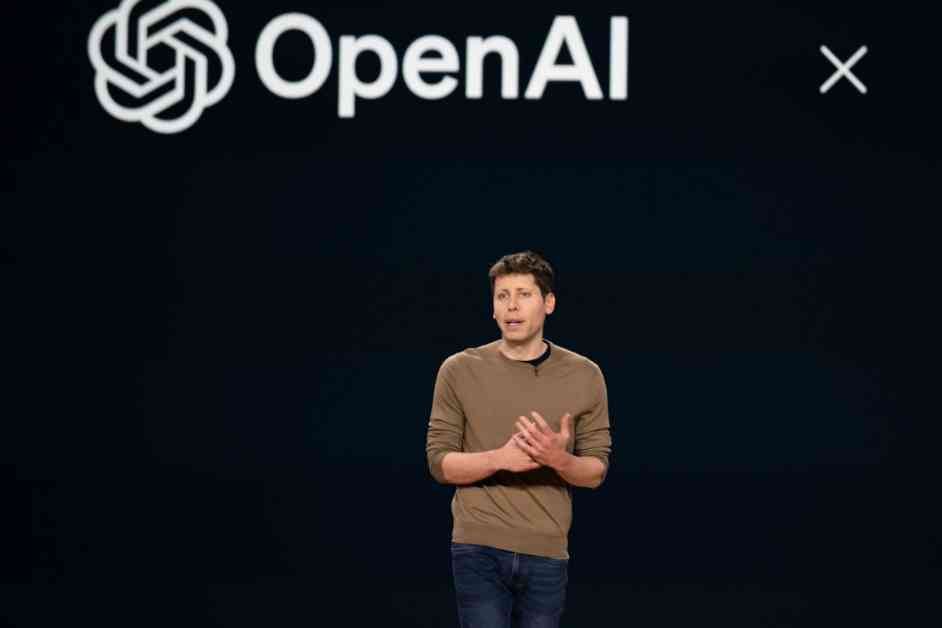One of India’s major news agencies, Asian News International (ANI), has taken legal action against OpenAI, a prominent AI company, over alleged copyright infringement. This lawsuit could have significant implications for the use of copyrighted news content by AI companies in India.
The lawsuit, which spans 287 pages, was filed in the Delhi High Court by ANI, accusing OpenAI of unlawfully using its content to train AI models and creating false information attributed to the news agency. This legal action is a first of its kind in India, highlighting the growing concerns surrounding the use of copyrighted material by AI companies.
During a recent court hearing, Justice Amit Bansal summoned OpenAI after the company confirmed that measures had been taken to prevent ChatGPT from accessing ANI’s website. The court decided against granting an injunction at that time, citing the complex nature of the case, with further hearings scheduled for January.
OpenAI has responded to the lawsuit by emphasizing its commitment to supporting news organizations and engaging in partnerships globally. The company maintains that it collaborates with news organizations, including those in India, to address concerns and explore opportunities for constructive engagement.
The legal battle between ANI and OpenAI is part of a broader trend of AI companies facing lawsuits over the use of copyrighted material. OpenAI is currently facing multiple similar lawsuits in the US, as well as in Canada and Germany, highlighting the global implications of this issue.
In defense of its practices, OpenAI’s counsel argued that copyright laws do not protect facts and that websites can choose to opt out of data collection by ChatGPT. The company, backed by Microsoft, also highlighted that it does not have servers in India, questioning the jurisdiction of the lawsuit.
ANI’s lawyer contended that public availability of content does not grant rights to exploit it, expressing concerns over fabricated interviews attributed to the news agency by ChatGPT. ANI emphasized that such misinformation poses a threat to its reputation and can contribute to public disorder through the spread of fake news.
The court plans to appoint an independent expert to advise on the copyright implications of AI models using publicly available content. Additionally, technical aspects of how news content is disseminated across various platforms will be examined in future hearings, shedding light on the complexities of AI technology and copyright law.











